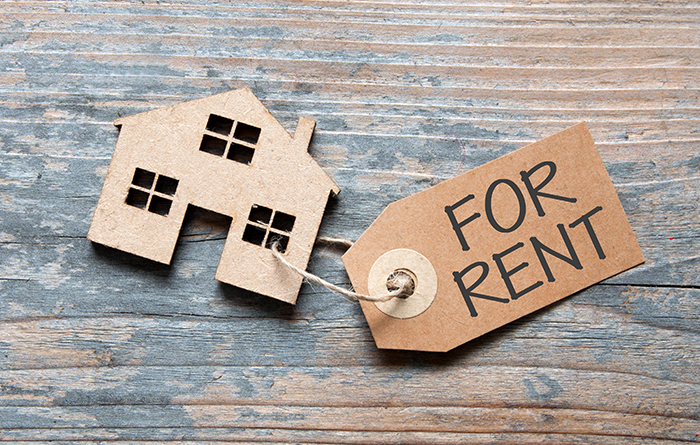
The average UK rent rose 1.6% to £1,294 in April from the month before, the fourth consecutive increase, as the Renters Reform Bill makes its way through parliament.
This rise means tenant housing costs are 7.9% higher than a year ago, according to the HomeLet Rental Index.
The biggest increase came in Greater London, where rents rose 3.1% in April to £2,167, 8.2% higher than a year ago.
The only region that saw a fall was the East Midlands, which saw costs edge 0.1% lower to £884, but are still 7.3% higher than 12 months before.
UK renters now pay 33.3% of their wages in rent, with Londoners paying out 39.1%, the study points out.
HomeLet and Let Alliance chief executive Andy Halstead says: “A trajectory like this could see rental prices increase by almost 20% over the next 12 months, which would be the equivalent of over £250 more being paid out each month by the average UK tenant.
“This puts the country in a clear ‘cost of renting crisis’ and the government must act to provide landlords and tenants with the clarity they so desperately need.”
The survey comes after the Renters Reform Bill passed its third reading in the House of Commons last month and now moves to the House of Lords for further consideration.
However, housing secretary Michael Gove has said he cannot guarantee “no-fault” (or, Section 21) evictions – a key part of the wide-ranging legislation — will be banned in England before the next general election, widely expected by the end of the year.
The Bill was first introduced last May, after major rent reforms were first outlined by former Prime Minister Theresa May in 2019.
Halstead adds: “Over the course of the last five years, since the scrapping of Section 21 notices was first mooted by the government, the private rented sector has become increasingly more chaotic.
“While this is just one issue among many that fuels the chaos, ministers need to understand that uncertainty and delays to important legislation like the Renters Reform Bill create uncertainty. That leads to landlord churn and market volatility.”



